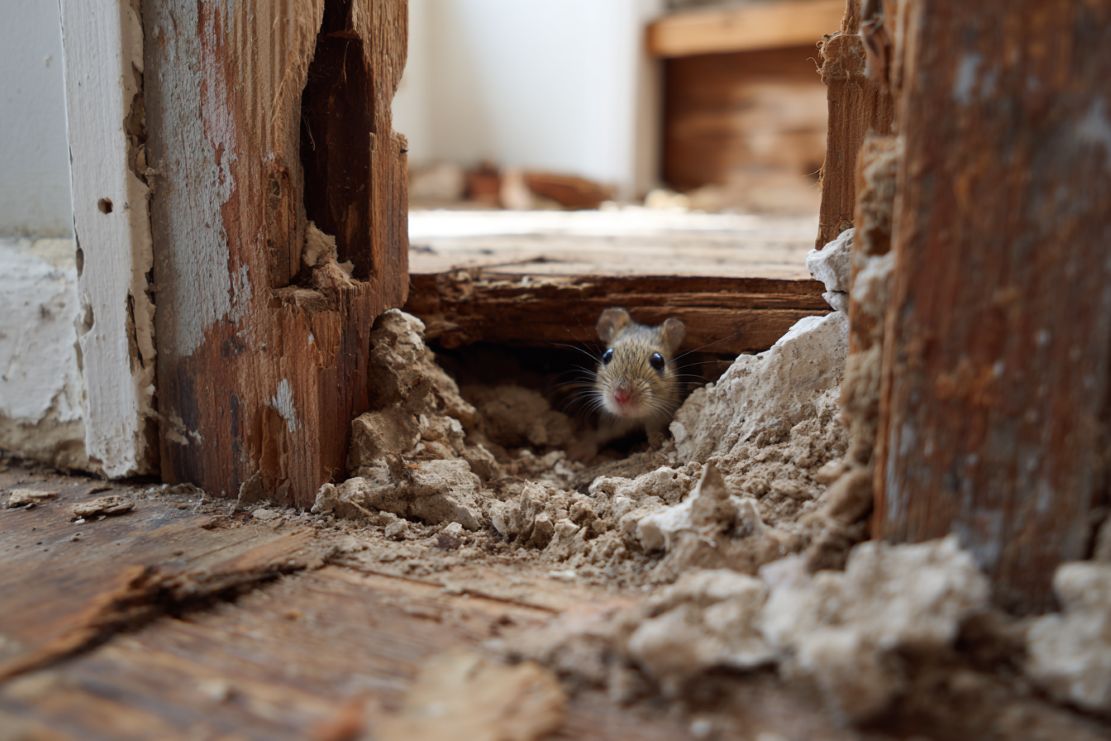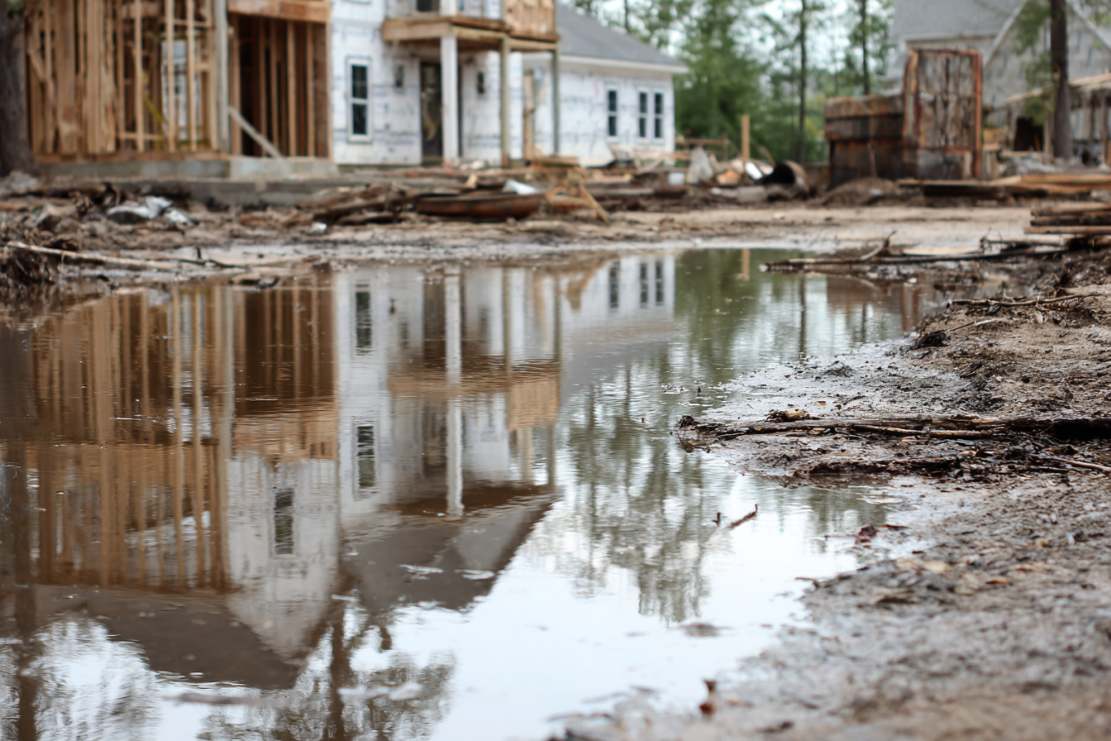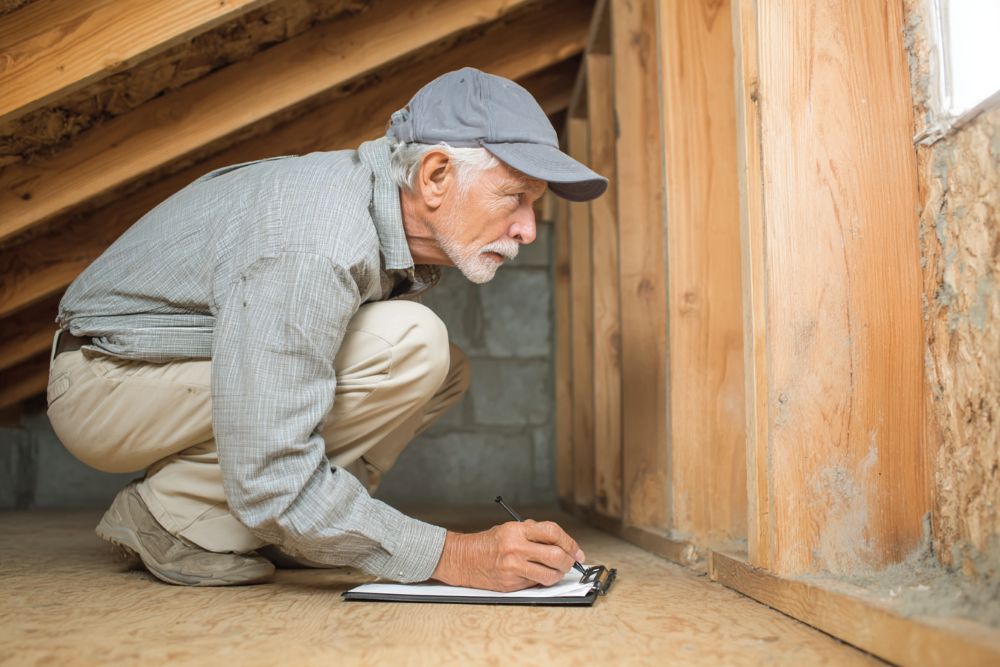Don’t Let Bugs Crash Your Remodel: How to Remove and Prevent Pests Safely
Avoid pest issues during renovations. Discover effective methods to remove and prevent pests safely while remodeling your home with expert advice.
Nothing ruins the excitement of a home renovation faster than discovering a hidden colony of pests has been quietly thriving beneath your floors or behind your walls. While you’re busy selecting paint colors and fixtures, pests might be eagerly awaiting their chance to claim your newly opened spaces as their own. The reality is, remodeling your home can unintentionally create ideal conditions for pests such as rodents, termites, and insects, making prevention and safe removal critical parts of any renovation strategy.
According to the U.S. Census Bureau, nearly 14.8 million homes reported sightings of rodents, and 14 million reported cockroach sightings within a 12-month period. These statistics highlight the prevalence of pest issues in American households, emphasizing the importance of proactive measures during home renovations to prevent infestations.
Understanding how pests find their way into remodeling projects and taking steps to remove and prevent them safely ensures your renovation remains a positive experience. By following clear guidelines and strategic planning, you can significantly reduce the likelihood of pests sabotaging your home improvement dreams.

Common Pests Encountered During Remodels and Their Risks
Knowing your potential foes is the first line of defense against infestation. Different pests carry various threats, from structural damage to health concerns. According to Precision Pest Control down the road in Ft. Lauderdale, being aware of the most common pests can help help you recognize problems early and respond appropriately.
Rodents: Destructive and Persistent
Rodents like mice and rats not only damage building materials but also create unsanitary conditions.
- Damage to wiring and insulation
- Contamination with droppings and urine
- Potential to spread diseases
Termites and Carpenter Ants: Hidden Threats
Wood-destroying insects silently compromise structural integrity.
- Significant damage to wood structures
- High repair costs
- Difficult to detect until extensive damage has occurred
Cockroaches and Ants: Persistent Intruders
These insects are attracted by debris and moisture, rapidly multiplying in renovation conditions.
- Difficult to eliminate without thorough cleaning
- Attracted by food and moisture sources
- Associated with unsanitary conditions and allergens
Identifying these threats clearly shows why prevention and removal strategies are essential during your remodel. Now, let’s focus on safely removing existing pests.
Safely Removing Existing Pests During Renovation
Discovering pests during your remodel can be daunting, but timely action significantly mitigates damage and disruption. Safe removal involves methods that effectively control infestations without endangering your household.
Immediate Steps for Pest Removal:
- Inspect thoroughly: Assess areas uncovered during remodeling for signs of infestation.
- Utilize safe pest control products: Choose environmentally-friendly insecticides or traps.
- Seek professional assistance: Expert pest control ensures safe and effective removal.
Transitioning from removal, let's now discuss proactive measures to prevent infestations.
Key Prevention Steps to Keep Pests Out
Preventing pests from entering your home during remodeling requires proactive strategies. Addressing vulnerabilities reduces the risk of costly infestations.
Seal Entry Points Effectively
Sealing gaps and cracks around your home is essential:
- Use caulk or expanding foam to fill openings around pipes and vents.
- Install door sweeps and weather stripping to seal entryways.
- Cover exposed vents and chimneys with mesh screens.
Manage Construction Debris Promptly
Construction debris offers perfect nesting opportunities:
- Remove debris daily to avoid attracting pests.
- Schedule regular waste disposal or dumpster pickups.
- Store building materials away from walls and above ground.
Moving forward, let's address another crucial factor: moisture management.

Moisture Management to Reduce Pest Attraction
Many pests thrive in damp environments. Renovation projects often expose hidden moisture problems that attract pests.
Effective Moisture Control Tips:
- Quickly repair plumbing leaks or water damage exposed during demolition.
- Use dehumidifiers and ventilation to dry damp areas.
- Ensure proper drainage around your home’s foundation.
Landscaping Adjustments to Prevent Pest Entry
Your home's exterior landscape significantly influences pest presence. Renovations can inadvertently increase vulnerability to pests if landscaping adjustments are ignored.
Smart Landscaping Techniques:
- Trim bushes and trees away from your home’s structure.
- Avoid mulch and dense vegetation near foundation walls.
- Eliminate standing water in your yard.
With landscaping covered, let’s explore how proper sanitation can deter pests.
Maintaining Cleanliness During the Remodel
Keeping your renovation area clean drastically reduces pest attraction. Regular cleaning prevents infestations from becoming established.
Essential Cleaning Practices:
- Sweep and vacuum daily to remove debris.
- Store food and beverages securely, away from the construction area.
- Regularly inspect and clean areas beneath temporary flooring or coverings.
Leveraging Professional Pest Control Services
While DIY methods are effective, professional pest control provides comprehensive protection. Experts deliver tailored strategies and immediate solutions.
Professionals at Precision Pest Control emphasize that homeowners who integrate professional pest management into their remodeling plans leveraging the correct pest control tools, can reduce their risk of infestations by up to 80%. Precision Pest Control highlights that pest professionals identify vulnerabilities early, ensuring a thorough approach to prevention and rapid resolution of any emerging issues.
Natural Pest Control Methods for Safe Remodeling
If chemical pest control concerns you, natural methods offer safe and effective alternatives, protecting your family and the environment.
Popular Natural Pest Solutions:
- Diatomaceous earth to control crawling insects safely
- Essential oils like peppermint and eucalyptus as repellents
- Humane traps for rodents to avoid harmful poisons

Inspecting for Pests Throughout Your Renovation
Continuous vigilance is crucial. Regular inspections during your remodel help catch infestations early, minimizing disruption.
Inspection Checklist:
- Examine exposed wood and insulation regularly.
- Look for droppings, gnaw marks, and other signs of pests.
- Check damp areas, corners, and dark spaces thoroughly.
Preparing for Post-Renovation Pest Control
After your remodel, continued vigilance ensures pests do not exploit your newly completed spaces.
Post-Renovation Pest Control Tips:
- Schedule regular pest control visits to maintain a pest-free home.
- Inspect new structures periodically for hidden issues.
- Continue preventive measures like sealing gaps and moisture management.
Education and Awareness for Long-Term Pest Management
Educating yourself and your household ensures long-lasting pest control effectiveness.
Important Education Points:
- Teach family members signs of infestation and proper responses.
- Regularly review and update pest control measures.
- Stay informed about seasonal pest threats and preventive actions.
Your Remodel Should Be Pest-Free—Take Control Now!
Successfully navigating a home remodel means more than picking out finishes and fixtures—it requires protecting your home from unwanted pests that could turn your project into a nightmare. Through proactive inspection, safe removal methods, diligent prevention, and professional support, you can confidently renovate without the fear of pests invading your beautiful new spaces.
Protect your renovation investment by employing the strategies discussed here, ensuring your home remains clean, safe, and free from pests. As you plan or proceed with your remodel, consider this essential question: Are you doing enough right now to ensure your dream home stays free from unwanted pest invasions during and after your renovation?
